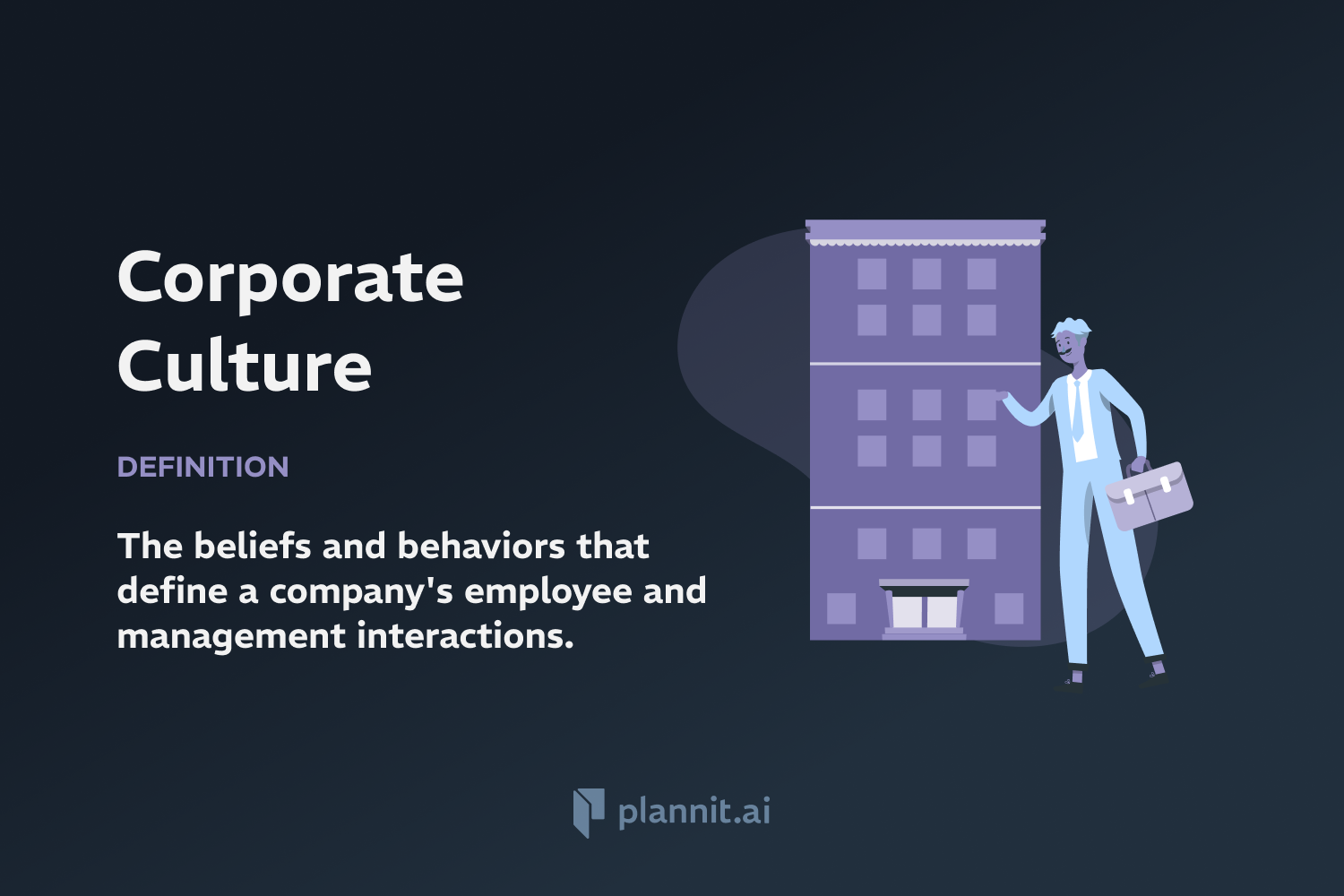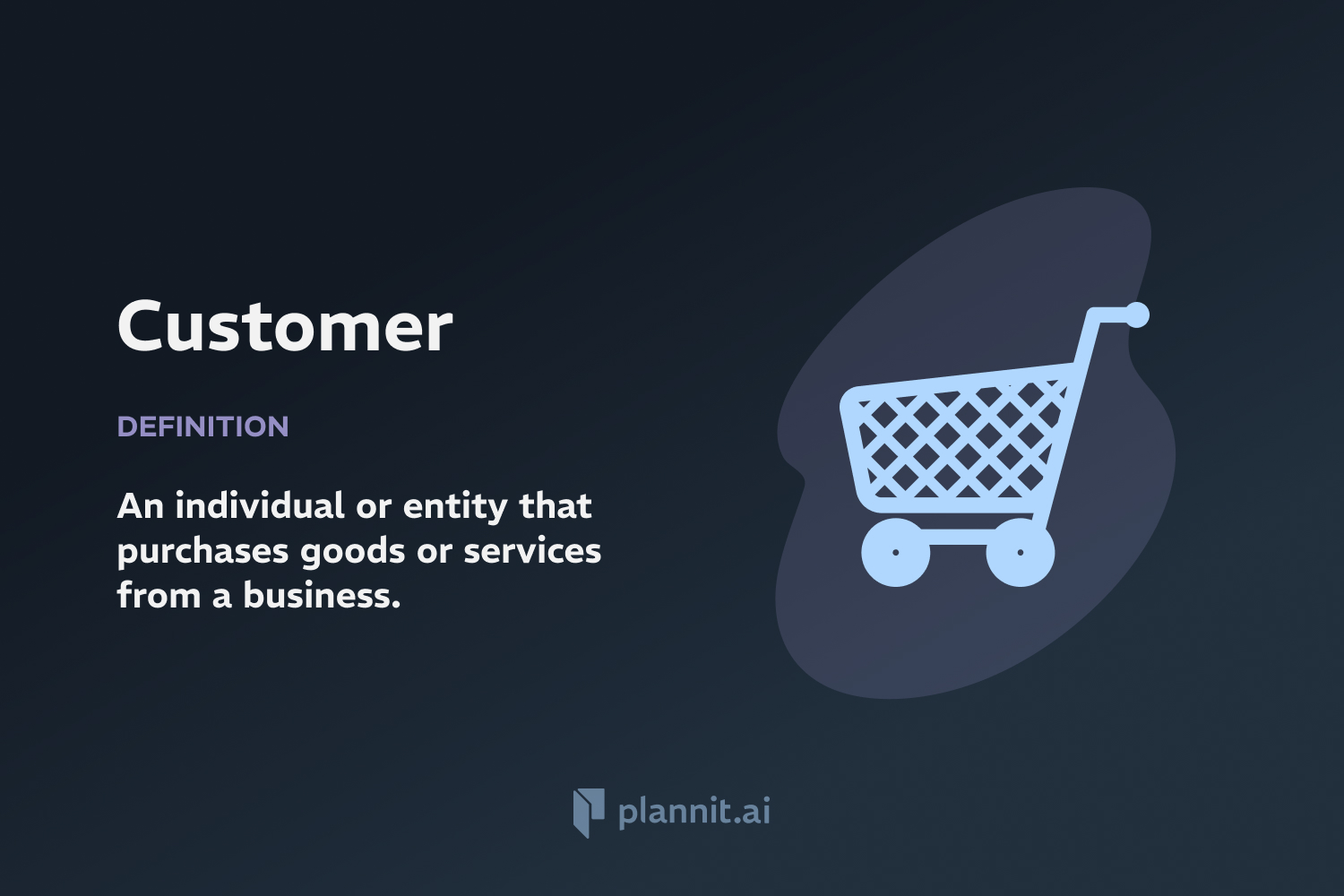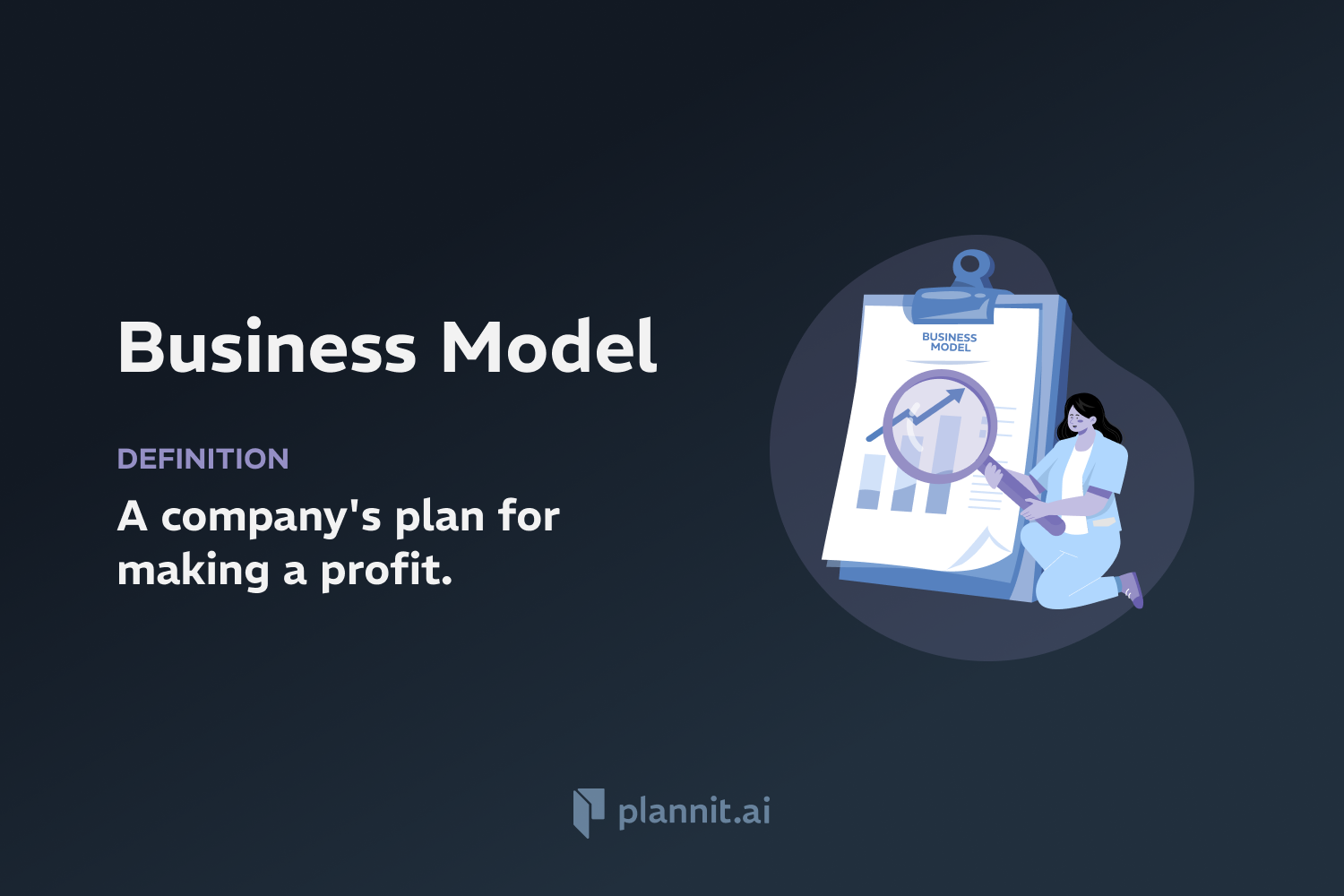Need Help With Your Business Plan?
Answer tailored questions and get a detailed business plan in minutes.
Target Audience: Definition & In-Depth Explanation
Definition:
Target Audience refers to a particular group of consumers identified as the primary recipients of a specific marketing message. These individuals are targeted because they are most likely to be interested in and affected by this message due to common characteristics such as age, location, income, and personal interests.
Context of Use:
This term is crucial in marketing, advertising, media, and public relations. Understanding the target audience helps tailor content, products, and services to meet the specific needs and preferences of the group, maximizing effectiveness and engagement.
Purpose:
Identifying a target audience allows businesses to focus their marketing efforts on the most likely prospects, optimizing resource use and increasing the effectiveness of marketing campaigns. This strategic focus enhances customer satisfaction and loyalty by providing more relevant and tailored experiences.
Example:
Television Shows: Networks design shows for specific age groups or interests, such as cartoons for children or drama series for adults, to capture the right audience and maximize viewership.
Product Launches: Tech companies may target tech-savvy young adults with marketing campaigns for the latest gadgets, using language and media channels that resonate with this demographic.
Related Terms:
Market Segmentation: The process of dividing a broader market into smaller subsets of consumers with similar needs or characteristics.
Demographics: Statistical data relating to the population and particular groups within it.
Buyer Persona: A semi-fictional character that represents a business's ideal customer based on research and real data about existing customers.
FAQs:
How do you identify a target audience?
A: Identify common characteristics and needs among potential customers through market research, surveys, and analysis of existing customer data.
Why is understanding the target audience important for businesses?
A: It enables companies to deliver highly relevant products and messages, enhancing customer engagement and increasing the efficiency of marketing budgets.
Can a target audience change over time?
A: Yes, as markets evolve and new trends emerge, businesses may need to reevaluate and adjust their target audiences.
How does digital marketing use target audience information?
A: Digital marketing platforms use detailed target audience data to deliver ads and content to users who meet specific criteria, improving the chances of engagement and conversion.
What's the difference between target audience and target market?
A: The target audience is specifically the group targeted with messages, while the target market refers to the entire pool of potential buyers of a product or service.
Get funding with a business plan that will impress investors.
Starting a New Business?



